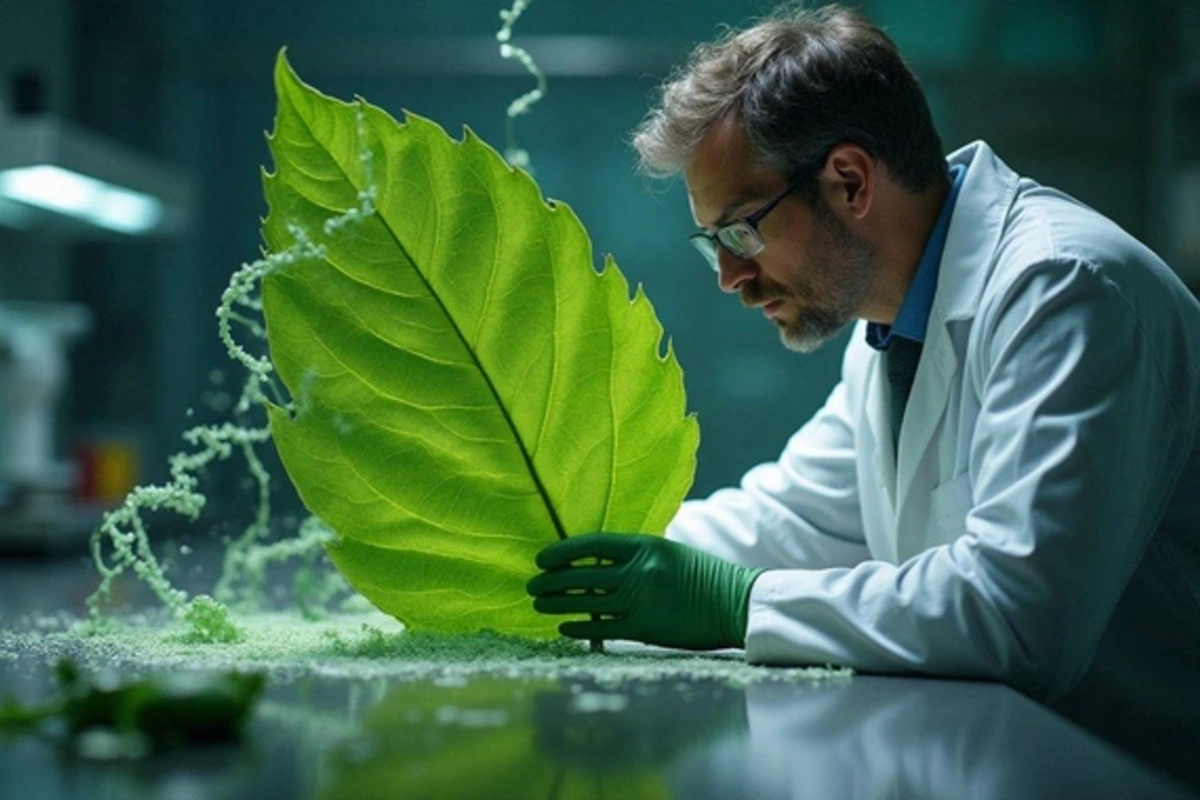29 May , 11:29 2025
0

Genetically modified organisms (GMOs) are plants, animals, or microorganisms whose genetic material has been altered using genetic engineering methods.
The topic of GMOs continues to divide society into two camps: supporters see them as a revolutionary solution to global food problems, while opponents warn about possible threats to human health and natural ecosystems. We offer you an objective analysis of the advantages and disadvantages of GMOs, based on modern scientific data.
Advantages of GMOs. Increased yields and fighting hunger.
Modern GMO crops demonstrate impressive resistance to pests, diseases, and harsh climatic conditions. Particularly effective are Bt crops, which have incorporated a gene from the bacterium Bacillus thuringiensis, allowing plants to independently produce protection against insect pests. According to research by the International Food Policy Research Institute, the introduction of GMO technologies has increased yields by 20-30% in a number of regions, which is especially significant for developing countries where the problem of hunger is most acute.
Reduced use of pesticides.
Thanks to built-in pest protection, GMO crops allow for a significant reduction in the use of chemical pesticides. A large-scale study conducted by the US National Academy of Sciences in 2010 found that growing Bt crops led to a reduction in insecticide use by an impressive 50% in some countries, which has a positive impact on the environmental situation.
Adaptation to climate change.
In an era of global climate change, GMOs open up new possibilities for agriculture. Scientists are successfully developing plant varieties capable of thriving in extreme conditions – be it drought, abnormal heat, or saline soils. A striking example is Australian wheat varieties specifically created for cultivation in arid regions.
Nutritional value.
GMO technologies allow for the enrichment of food products with necessary vitamins and microelements. The famous "Golden Rice," enriched with vitamin A, is becoming a real salvation in regions where, according to the World Health Organization, vitamin A deficiency leads to vision loss in half a million people annually.
Risks and concerns. Health safety.
Leading scientific organizations worldwide, including the WHO and the US National Academy of Sciences, confirm the safety of tested GMO products. In a quarter century of their active use, not a single scientifically confirmed case of harm to human health has been registered. However, ongoing research on long-term effects maintains an atmosphere of caution in society.
Environmental risks.
Serious concern is caused by the possibility of cross-pollination of GMO crops with wild species, which can lead to the emergence of so-called "superweeds." In Canada, cases of genetically modified rapeseed crossing with local plants have already been recorded. In addition, the spread of monocultures based on GMOs potentially threatens the planet's biological diversity.
Economic dependence.
The GMO seed market is controlled by several transnational corporations, such as Monsanto. Farmers are often forced to purchase new seeds annually, creating financial dependence and threatening traditional farming methods